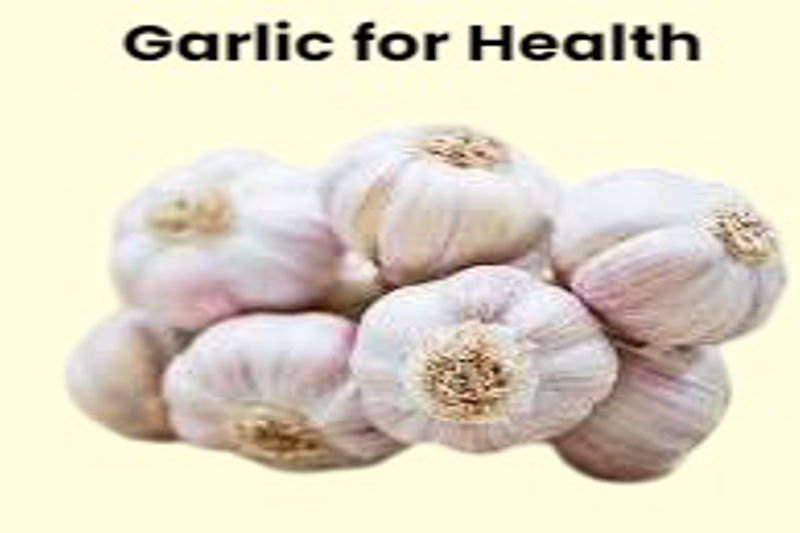Garlic is a widely used culinary ingredient known for its impressive health benefits. It supports heart health, regulates cholesterol levels, strengthens the immune system, and may provide protection against common colds.
Nutritional & Historical Importance
Belonging to the Allium genus alongside onions, leeks, and shallots, garlic has been valued for centuries. Ancient Egyptians used it for both cooking and medicinal purposes due to its therapeutic properties.
Potential Health Benefits of Garlic
Boosts Immunity: Though studies vary, aged garlic extract (AGE) may help reduce the severity of cold and flu symptoms.
Natural Antibiotic: Contains allicin, an antibacterial compound that may help combat antibiotic-resistant organisms.
Supports Heart Health: Garlic helps lower LDL (bad cholesterol) and may aid in regulating blood pressure, benefiting cardiovascular health.
Liver Protection: Its hepatoprotective properties may reduce damage from ethanol-induced liver injury caused by excessive alcohol consumption.
Enhances Brain Function: Antioxidants in garlic may help combat cognitive decline, potentially slowing the progression of Alzheimer’s disease.
Strengthens Bones: Garlic improves calcium absorption, which may reduce the risk of osteoporosis.
Anti-Cancer Properties: Contains bioactive compounds like diallyl sulfide and allicin, which may help protect against certain cancers, including gastrointestinal cancer.
Ways to Incorporate Garlic into Your Diet
Garlic can be consumed fresh, powdered, or as an oil-based seasoning. Garlic supplements are also available, but consulting a healthcare provider is advised as they may increase the risk of bleeding or trigger allergies.
Potential Side Effects
Oral Consumption: May cause bad breath, heartburn, gas, or diarrhea. Raw garlic can intensify these effects.


